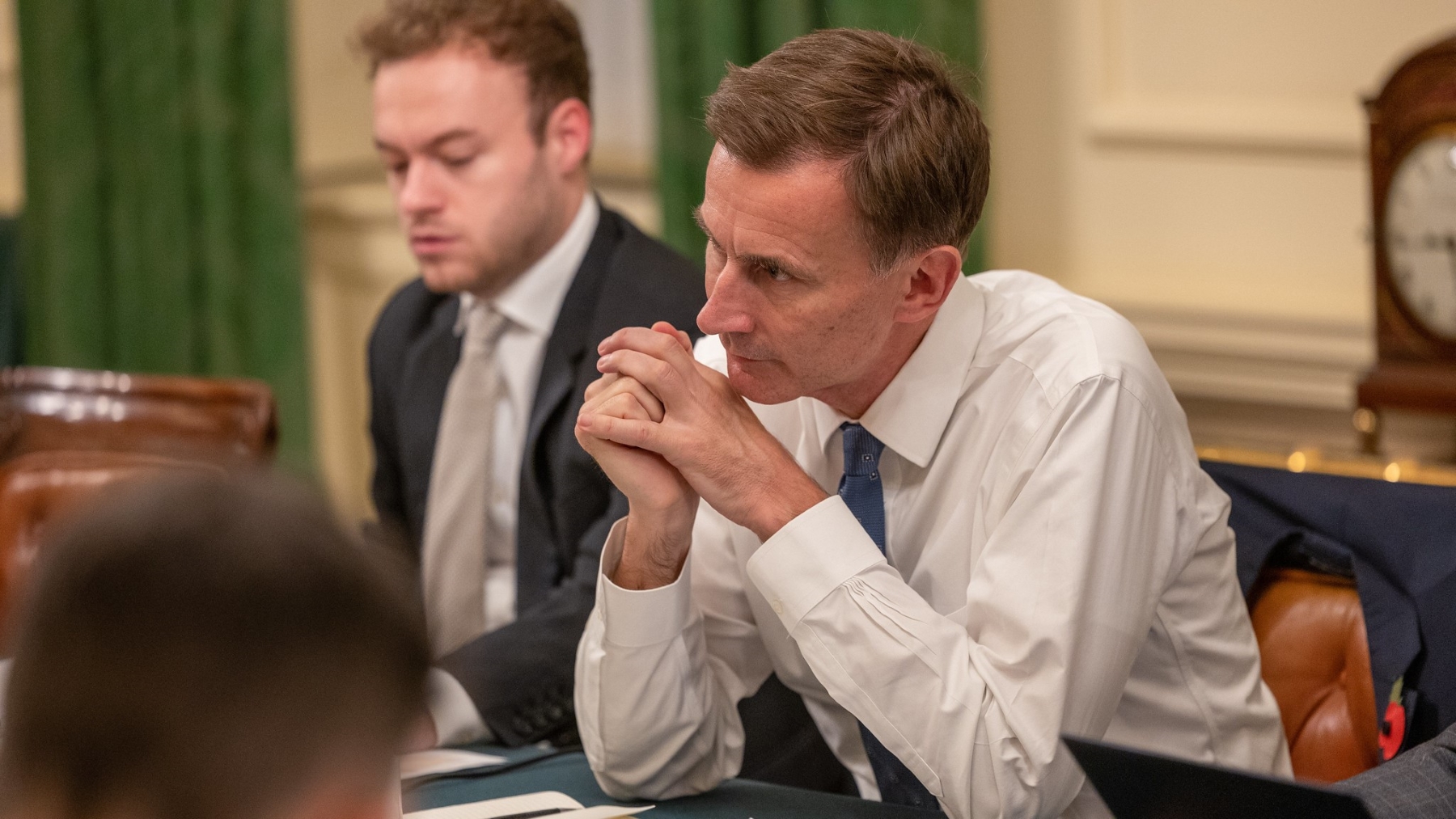
On his first day as chancellor, Jeremy Hunt said he would have to make decisions of “eye-watering difficulty” to fix the gaping hole in the UK’s public finances. Since then, the government has priced up the job: £50bn.
Where to find the cash? With nothing off the table, early-stage investors and the high-growth companies they support must be prepared to take a hit. Indeed, there are rumblings that the chancellor is considering a cut to public R&D spending. Meanwhile, we should not discount the possibility – however unlikely – that the chancellor will opt for a reversal to the recently-announced extension of the EIS tax relief, the so-called sunset clause.
To either reduce spending on R&D or to scale back the impact of EIS would be a grave mistake. To do both would be a disaster. These cornerstones of Britain’s innovation ecosystem are critical to the development of the companies that will power the economy of the future. With the Bank of England forecasting the longest recession in modern history, it would be deeply unwise to jeopardise our recovery by inhibiting the companies that will make it happen.
Cutting R&D would represent a blow to the UK’s already sluggish productivity growth – which historically runs at about 2% annual growth, but increased by just 0.3% in Q2 of this year.
It is easy to think, given our thriving technology ecosystem, that Britain is ahead of the game when it comes to R&D investment. In March, ministers announced the biggest-ever R&D budget as part of plans to drive Britain towards ‘science superpower‘ status.
However, the target of 2.4% of GDP set out by the government is still some way short of the US and Germany (both 3%). Any cut to spending would therefore have a disproportionate effect compared with our international peers and could see us fall even further behind.
To scale back this target now would be an act of profound short-sightedness. HMRC would be better off redoubling efforts to recover the £469m of R&D tax reliefs that were wrongly allocated during the 2021-22 tax year, either through error or fraud.
Moreover, many companies rely on R&D tax credits to fund their early development and investment via tax relief schemes like EIS to support their growth. For these businesses, removing support overnight would be catastrophic.
Chancellor must spare EIS and R&D cuts
So let’s assume the government would implement a weaning-off period if it did choose to make cuts. Even in this scenario, businesses would be left with an impossible choice: slash their own R&D spending or find some other way to finance it. Even in good times, the vast majority of companies would find it extremely difficult to raise enough cash to replace public money. In the current market climate, it would be almost impossible.
There would be a similar negative impact if the chancellor reversed the extension of the EIS extension sunset clause. While the signs look positive, this is not the time to be complacent. By offering attractive tax reliefs and offsetting some risk when companies go bust, EIS plays a massive role in funnelling investment into early-stage firms: 3,755 companies raised £1.6bn in 2020-21.
EIS is also a genuine competitive advantage for the UK. Overseas investors look upon it with envy, and it has played a central role in establishing the UK as one of the world’s best places to start a company. Scaling EIS back would see a catastrophic fall in the number of active angel investors, which would have a knock-on effect across the whole investment ecosystem.
While there is a risk of destabilising the UK’s high-growth economy if R&D spending or EIS support were reduced, it should always be remembered that the level of early-stage investment can be remarkably resilient in downturns.
The companies angels and early-stage VCs invest in are able to take risks, think long-term and plan for the future in a way big corporations cannot. Cutting off the flow of public R&D investment and disincentivising private investors by trimming back tax reliefs might save the Treasury some cash in the short term. But because dynamic small companies today grow to become the enterprises of tomorrow, all the evidence shows that investment gets paid back many times over.
An economy with a diluted focus on innovation is one where living standards stagnate, tax receipts shrink, and Britain’s world standing is eroded. There’s no getting away from the fact that Britain faces difficult choices. But the decision on whether to cut R&D or tax relief schemes like EIS isn’t one of them.
Tim Mills is managing partner at ACF Investors.
Image credit: HM Treasury via Flickr.



